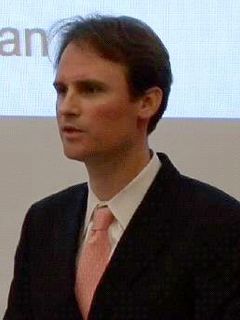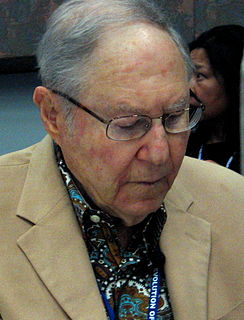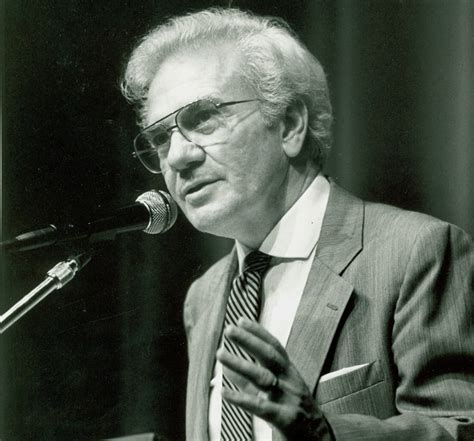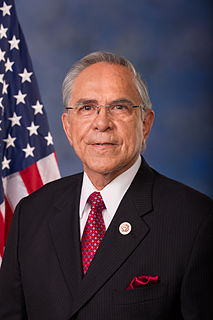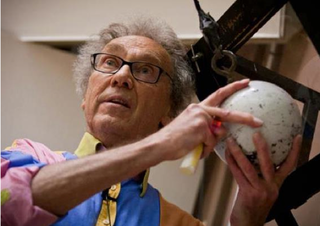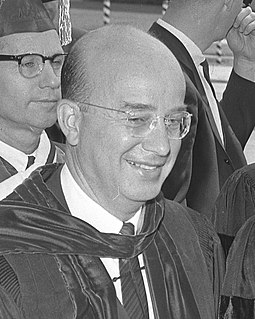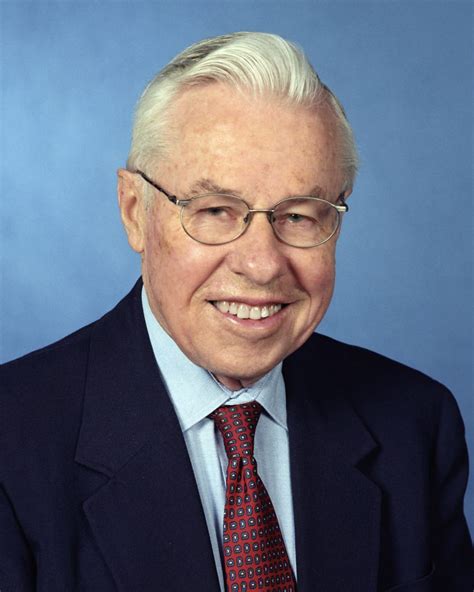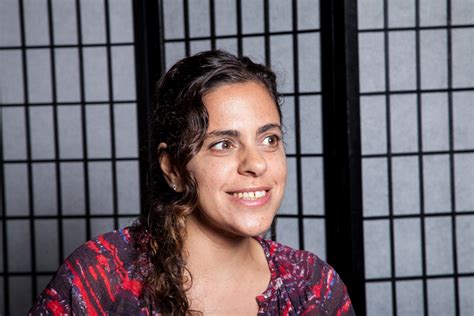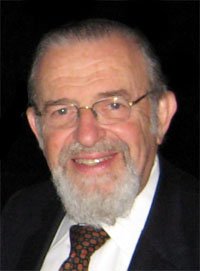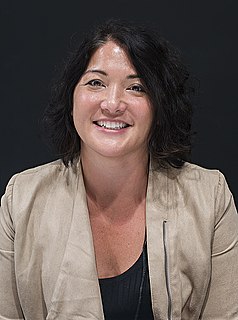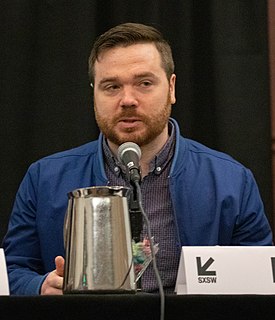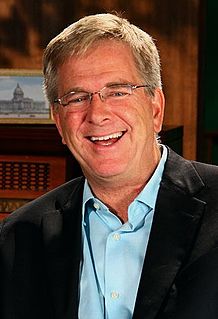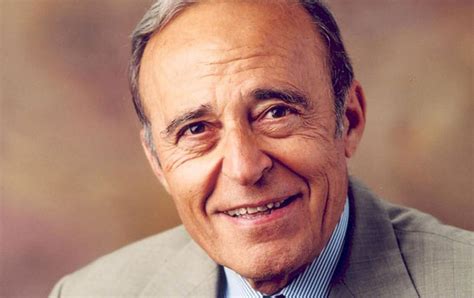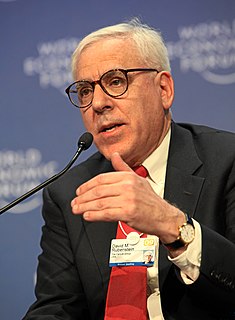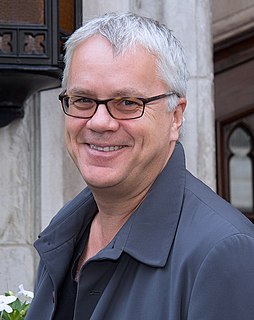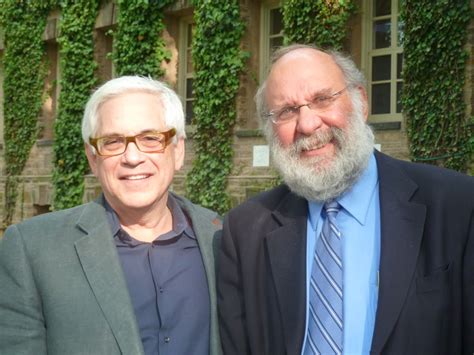Top 1200 Encourage Students Quotes & Sayings - Page 4
Explore popular Encourage Students quotes.
Last updated on April 17, 2025.
It is never easy to demand the most from ourselves, from our lives, from our work. To encourage excellence is to go beyond the encouraged mediocrity of our society is to encourage excellence. But giving in to the fear of feeling and working to capacity is a luxury only the unintentional can afford, and the unintentional are those who do not wish to guide their own destinies.
And then there is Pythagoras. The legend is that the founder of theoretical mathematics was so outraged when one of his students, the haplessly gifted Hippasus, discovered irrational numbers that he sent the poor fellow out on a raft to drown, initiating a venerable tradition of professors mistreating their graduate students.
When I was in Wuhan, I went to the art school, which was one of the most important art schools in China, an enormous art school. One of the things that I saw is that the schools are very big and there are so many students. It is very difficult to me to teach creative activity to great numbers of people, because I think you need personal contact with students, you need to speak individually, you need individual contact between teachers and students, you need continuity. To me this is a problem in mass education in every society now.
What counts, I found, is not what you cover, but what you uncover. Covering subjects in a class can be a boring exercise, and students feel it. Uncovering the laws of physics and making them see through the equations, on the other hand, demonstrates the process of discovery, with all its newness and excitement, and students love being part of it.
We do it all the time, we legislate taste. We do it with the tax code. Churches and children get a tax break, because it's assumed that we all agree that we want to encourage churches and children. I don't. I don't. That's my opinion. I don't want to encourage either churches or children, and it's a very bad idea to put them together.
Whereas students minds used to be the chief concern of colleges and universities, it is now more their bank accounts (more accurately, that of their parents and of the taxpayers). If students happen to learn anything useful while enrolled, that's good, but if not, as long as they've paid their bills, that's not the university's problem.
The obsessive focus on a college degree has served neither taxpayers nor students well. Only 35 percent of students starting a four-year degree program will graduate within four years, and less than 60 percent will graduate within six years. Students who haven't graduated within six years probably never will.
The idea that the majority of students attend a university for an education independent of the degree and grades is a hypocrisy everyone is happier not to expose. Occasionally some students do arrive for an education but rote and mechanical nature of the institution soon converts them to a less idealic attitude
If children are hungry, they need to be fed. It's hard to learn if your stomach is growling. We need to take that on. If students can't see the blackboard, need eyeglasses, we need to do that. If students need a social worker or counselor to work through the challenges they're facing at home in the community, we need to do that.
For some students, especially in the sciences, the knowledge gained in college may be directly relevant to graduate study. For almost all students, a liberal arts education works in subtle ways to create a web of knowledge that will illumine problems and enlighten judgment on innumerable occasions in later life.
[The error in the teaching of mathematics is that] mathematics is expected either to be immediately attractive to students on its own merits or to be accepted by students solely on the basis of the teacher's assurance that it will be helpful in later life. [And yet,] mathematlcs is the key to understanding and mastering our physical, social and biological worlds.
Students at residential universities often live together and spend time on activities that aren't connected with the university. Then, should the university's rules about sexual consent extend to students' private lives? In my book, I argue that these narrow rules should extend to students' private lives no matter what or where they happen to be conducting those lives. The logic is that sexual assault is a form of discrimination and denies the victim an equal education. The point of university life is to get that diploma and nothing should stand in the way.
A great teacher is not simply one who imparts knowledge to his students, but one who awakens their interest in it and makes them eager to pursue it for themselves. He is a spark plug, not a fuel pipe. The reason colleges exist is to bring students into contact with contagious personalities, for otherwise they might as well be correspondance schools.
If I had to guess, I'd estimate that 9 out of 10 Liberty students come to Christian college on their own, with no pressure from their parents or religious leaders. A lot of the students came from secular high schools, and for them, Liberty is a place where they can practice their faith freely without feeling ostracized or mocked.
Even in challenging economic times, making sure that study abroad is part of our college students' education is a vital investment. If we want a new generation of leaders and innovators who can be effective in an ever more globalized world, sending our students overseas is not a luxury. It's a necessity.
That generation really has to fight for a new political language, social movements, and alliances with students from other countries. They have to convince labor, parents, and the general public that the fight over higher education is a fight that benefits everyone in a sustainable democracy and not just faculty and students.
The American Federation of Teachers has a long track record of working with administrators, parents, and communities to provide real help to struggling students and low-performing schools. We've learned that intensive interventions, proven programs, and adequate resources can transform students' lives and their schools.
In contrast to the values of morality, which depend on and encourage our similarities to each other, values like friendship or beauty depend on and encourage our differences. Ultimately, friendship is essential to our fashioning ourselves in ways that don't simply repeat the fashions of our surroundings: it is a mechanism of individuality.
